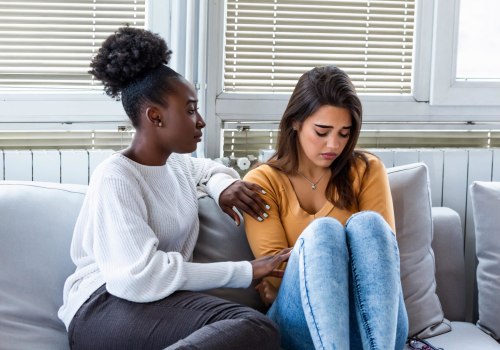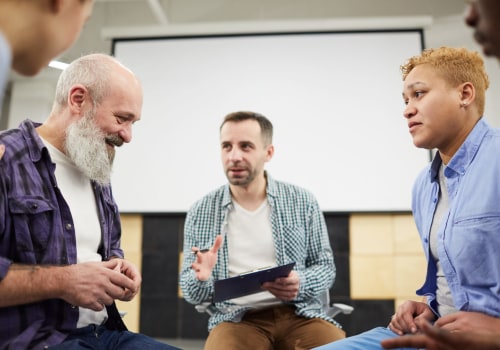If your loved one is addicted to drugs and alcohol, you should encourage them to seek help. Set limits and don't cover up the person. The challenge of addiction is that the addict is not the only one affected by this disease. Family and friends may struggle with addict behavior, financial problems, legal problems, and the daily struggle to provide for a loved one.
Here are seven tips that family and friends can use to support an addicted family member or friend. Do you have an adult family member or friend with drug or alcohol problems? You're probably wondering how you can help. Below, you'll find 7 answers to questions you may be asking yourself. For people with signs of dependence or addiction, a screening test is likely to lead to a referral to a more intensive level of care.
There are some couples who receive treatment together, and it is possible to find rehabilitation centers that admit both of them at the same time for help against addiction. The best ways to help a person who is addicted to drugs or alcohol may seem contradictory, especially to people who struggle with codependent relationships. It's important to remember that addiction isn't an option; it's a disease that requires the help of a professional for its treatment to be effective. This makes it difficult for those closest to the addict to understand what is happening to them.
Learning from those who have experienced addiction can offer guidance to help your loved one get help for addiction. Treatment plans don't usually succeed when a person doesn't think they have a problem or doesn't recognize the need to recover from addiction. When thinking about how to help someone with an addiction, you're probably wondering how to pay for rehabilitation. It's important for family members or close friends of a person with an addiction to understand the situation they're facing.
The Association of Lesbian, Gay, Bisexual, and Transsexual Addiction Professionals and their Allies is a membership organization dedicated to the prevention and treatment of alcoholism, substance abuse, and other addictions in lesbian, gay, bisexual, transgender, and queer communities. However, many people struggling with addiction have tried this strategy and have been unable to stop or stay on abstinence for a significant period of time. Some people find that when they seek help for themselves, the person who is struggling with addiction becomes angry. This is even more true for those who struggle with addiction to drugs such as opioids or who have been using drugs or alcohol for an extended period.
When someone receives a dual diagnosis, for example, they suffer from both a mental health disorder, such as depression, anxiety, or bipolar disorder, and an addiction. If you're in a relationship with someone who struggles with addiction and you realize that you're covering it up, making excuses, and trying to control its use, this can affect you emotionally. Personalized support to address your child's substance use or addiction is available in English and Spanish.



